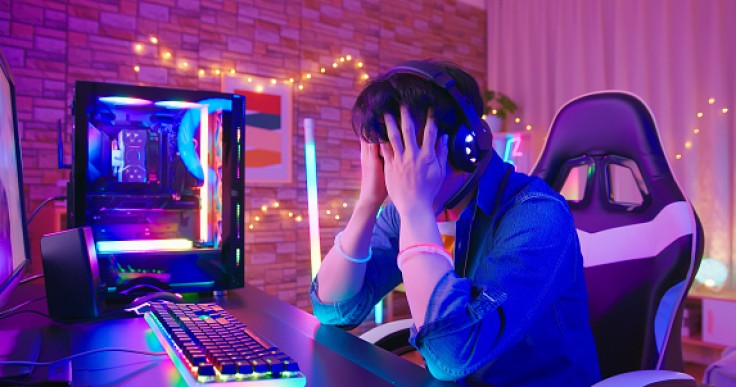A laggy PC test the patience of even the most even-tempered person in the world. It affects the work that users have to do, and frankly, it's annoying. Here are some of the reasons that may be causing your computer to run slow.

1. Your Hard Drive is Full
Even if your hard drive can hold, let's say, 500 GB of memory, that doesn't mean that you can actually max it out. You can, but your computer will start to lag. Even just being 85% full will reduce your PC's processing speed by half.
You can check your storage status on My Computer and if it's almost full, you need to start cleaning out files, apps, and software that you're not using. You can start by emptying your recycle bin, and then delete the temporary files on your PC as they also take up space.
2. Your PC is Overheating
A computer needs proper ventilation in order to run smoothly. Without it, your PC components will start to overheat, and you will be left with a slower-functioning computer. Make sure that you're working in a cool environment or a colder spot in your home or office. Some users even position their PCs in front of air conditioners.
3. Malware
A computer virus can have a detrimental effect on your hardware as well, not just the sensitive data on your computer. Certain types of malware attack your computer, which is why its systems may be running slow.
There are also those that run in the background, as mentioned in Vintage IT, while it does their thing like stealing your passwords. The best solution for this is to install reliable antivirus software that can get rid of the malware for you.
4. It May Just Need a Restart
Sometimes, problems require the simplest of solutions such as restarting your PC. When your PC has been up for a while, there are a lot of background activities that aren't ended automatically, and this eats up processing power. You should also choose to restart your PC every time a newly installed software offers the prompt.
5. Apps That Automatically Launch
There are certain programs that will launch automatically once your PC launches. Some will have a pop-up window like Spotify or Steam, while others will run in the background. To avoid this, head to the settings of the apps or software and turn off the setting for automatic launch in startup programs.
6. Browser Plugins, Add-Ons, and Extensions
For a more personalized experience on a browser, we use plugins, add-ons, and extensions. However, these are also what will make your PC run much slower. Check on your browser settings and see which of these you don't actually need and get rid of them. It might just do the trick.
7. Your Components are Outdated
Operating systems and applications start using up more power as they are updated, which is why it's important for you to upgrade your components every now and then. A CPU that can't handle the programs running on your PC will definitely cause it to slow down. As suggested by Minitool, there are also other parts to consider like your RAM and GPU.










